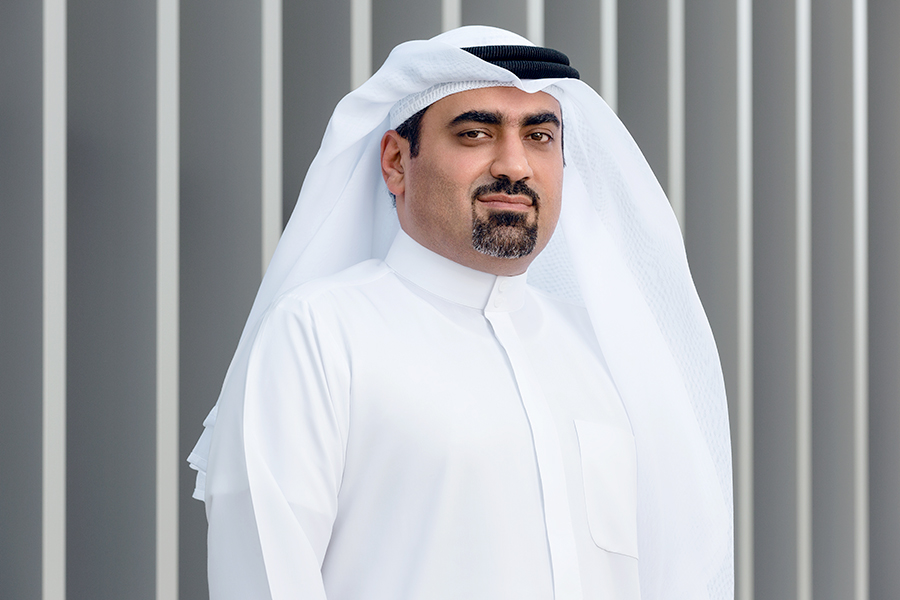
Visitors to Dubai have a massive checklist to tick off today with more and more new attractions and activities being brought to the buzzing entertainment and leisure space in Dubai. Among them include Ain Dubai, Wild Wadi Waterpark, Global Village, Souk Madinat Jumeirah, Al Seef, and Box Park to name a few.
Dubai Holding Asset Management’s retail portfolio includes some of Dubai‘s most iconic destinations that have elevated the city’s position as a global centre for tourism and leisure. It operates 20 leading urban retail destinations and has a wide-ranging footprint that spans 3.7 million sq.ft of gross leasable retail space across the city.
Today, customers/visitors/audiences are looking for experiences they can cherish over products they can buy and accumulate. Millennials and Gen Z have contributed to this shift consumer behaviour massively whereby they are not only highly values experiences, but they are increasingly spending time and money on them. According to Eventbrite’s Research on Millennials, more than 3 in 4 millennials (78%) would choose to spend money on a desirable experience or event over buying something desirable. In a world where life experiences are broadcasted across social media, the fear of missing out drives millennials to show up, share and engage.
Today, people’s high focus on experiencing life supports the growth of an economy driven by the consumption of experiences. The combination of this generation’s interest in events, and their increasing ability to spend, is driving the growth of the experience economy.
“Dubai is known for its unrivalled experiences and attractions, and we are proud to play an integral role in elevating the city’s position as a global centre for tourism and leisure with our diverse portfolio of integrated retail destinations,” said Fareed Abdelrahman, Managing Director, Retail Destinations, Dubai Holding Asset Management.
“Bluewaters delivers a relaxed urban-island experience with restaurants boasting unobstructed views of the Arabian Gulf; Al Seef and Souk Madinat Jumeirah celebrate Emirati heritage and culture from architecture to experiences; The Outlet Village is truly special as it elevates the traditional outlet shopping experience into something that is both memorable and comfortable,” he added.
In 2022, the UAE economy is projected to record an estimated annual GDP growth rate of 3.4%, due to the expected recovery in domestic demand, recovery in international oil prices and the rebound in global demand for goods and services since mid-2020 onwards. According to an analysis by Dubai Chamber, an expected uptick in business activity in the tourism and retail sectors is expected to fuel this growth.
“Considering that tourism and retail have traditionally been strategically important sectors for the economy, we are proud of our contribution to its diversification and growth. From luxury shopping attracting visitors from the GCC, Russia, the UK and China, to affordable and popular retail brands from around the world, we successfully cast a wide net for tourists in search of every kind of retail and recreational experience,” he said.
The parameters of customer experience are evolving with changing consumer demands. Today, people expect hyper-personalised experiences, loyalty that goes beyond cards and reward points, and true omnichannel experiences. 20 percent of the digital shift in retail stays put – reshaping how and what consumers buy. E-commerce subscriptions gained traction in 2021 as nearly 88 percent of countries across 32 markets saw a surge in subscription services compared to the previous year.
“Customer retention is important in building brand equity, particularly as word-of-mouth becomes increasingly powerful in driving business growth,” he said. “Our focus has always been on enhancing the customer experience to ensure we build brand loyalty. On the retail front, our retail partners continue to shift their focus to personalised experiences. Our destinations are fuelled by residents and tourists that are looking for truly tailored experiences. And the advent of digitisation has paved the way for a more refined understanding of customer preferences.”
According to PWC’s Global Consumer Insights Survey, 58% of Middle East consumers have become more optimistic about the economy. However, there is a shift in consumer trends and behaviours that retailers need to be mindful of. While 47% of Middle East consumers frequently use their smartphones for purchases, 56% of Middle East consumers still prefer visiting physical stores. Another 57% of Middle East consumers have been more price-oriented during the pandemic, with 71% of customers making more health-conscious choices and 65% becoming more sustainable and eco-friendly in their purchases.
“Rewriting the rules of the retail sector would entail being agile and open to change. The business that can swiftly respond to changes in the market as well as evolving customer demands will be those that thrive in such a competitive landscape. In the past couple of years, I have been proud to see businesses across retail, F&B, leisure and entertainment place considerable efforts in streamlining operational efficiencies, effectively optimising costs while embracing a truly customer-centric approach,” he said.
“Technology is playing a key role in the industry and it’s important for physical retail destinations to keep up in pace. This means creating more engaging in-store experiences that harness future technologies to enhance the customer journey. It’s no longer enough to simply offer great collections, services and products – elements such as artificial intelligence and virtual reality are entering the retail realm to create truly standout experiences,” he concluded.